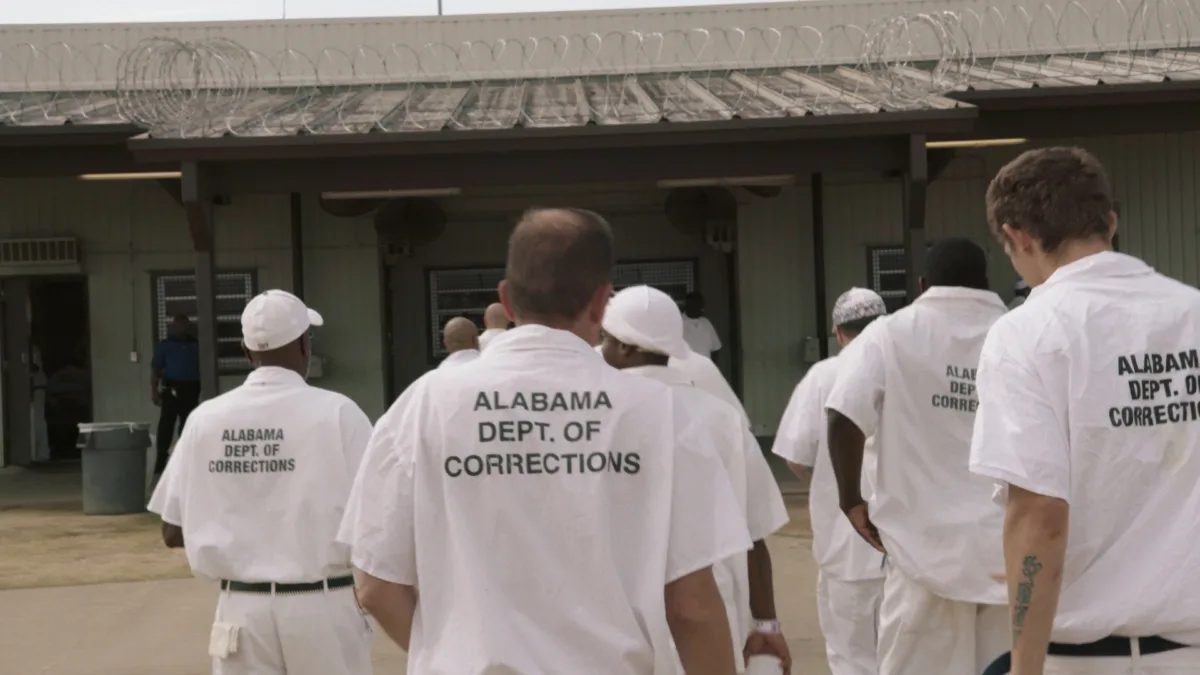
After Exposing Prison Horrors, Incarcerated Whistleblowers Are Moved to Solitary
Subjects of The Alabama Solution have led protests for years, using cell phones to expose brutality and forced labor.

Subjects of The Alabama Solution have led protests for years, using cell phones to expose brutality and forced labor.
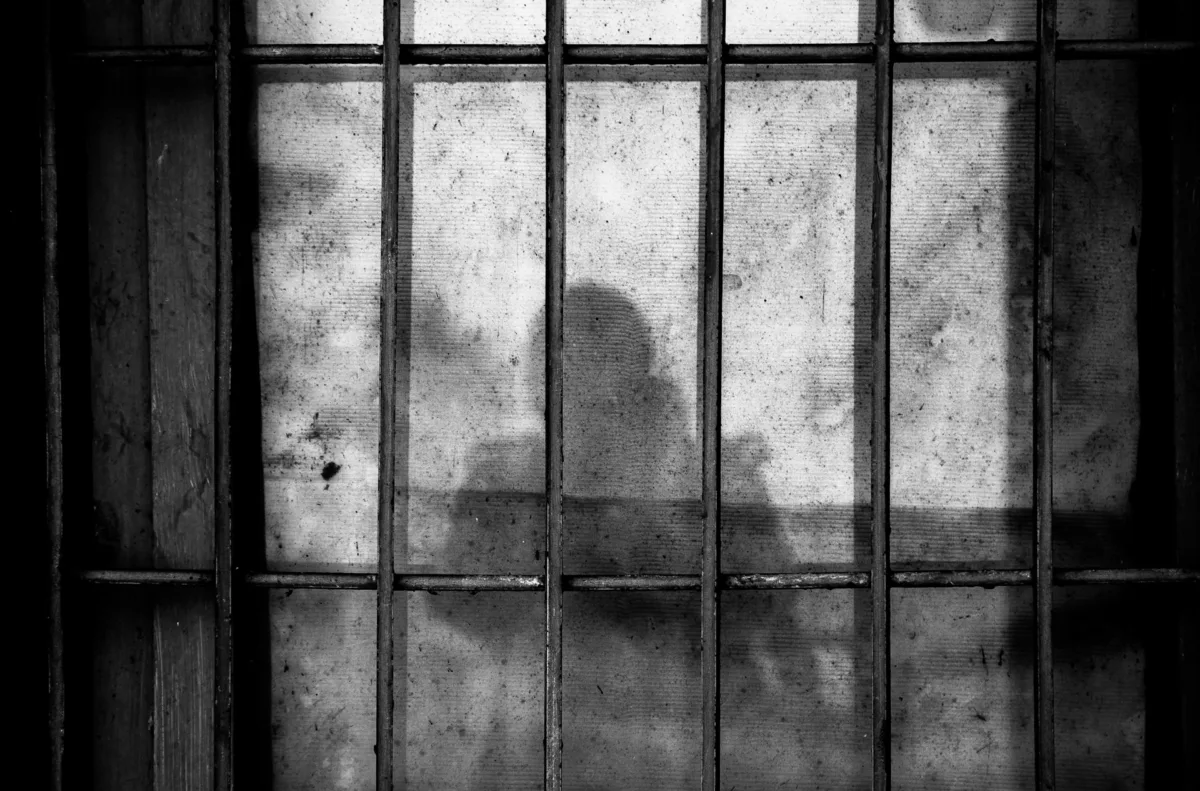
“Individuals increasingly find themselves in cages unfit for lab mice and subjected to conditions with less scrutiny than that of invertebrate species kept in aquariums.”
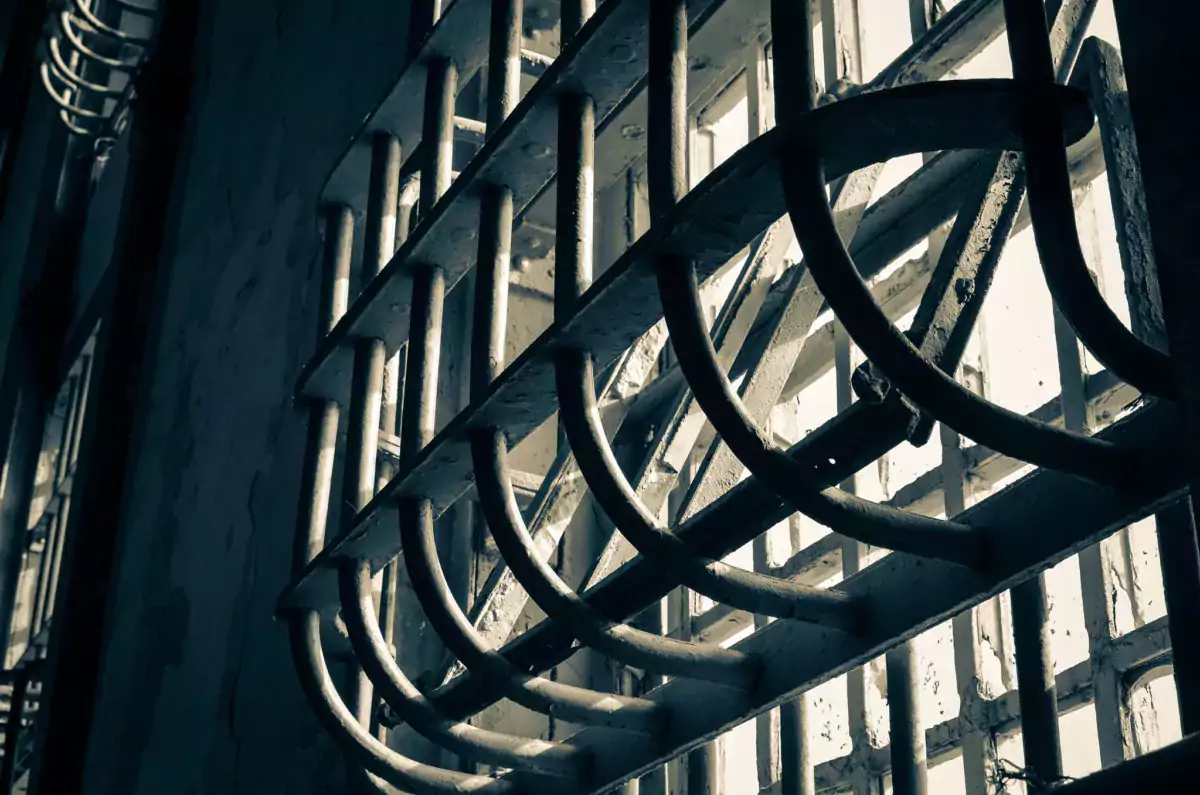
Texas state prisons incarcerate more than 4,500 people in two-person cells the size of a parking space for nearly 24 hours a day.
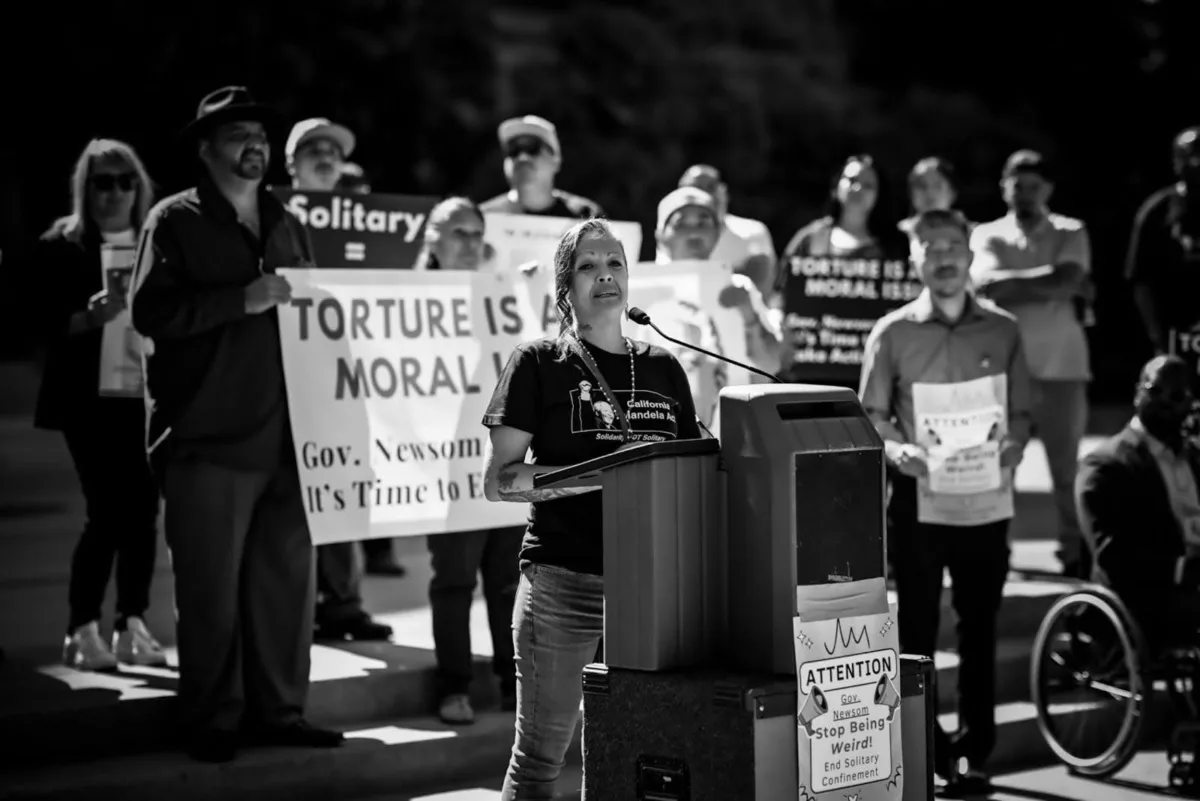
Formerly incarcerated Californians say that if Gavin Newsom wants to keep touting his record as a “progressive,” he should stop vetoing bills that ban or restrict solitary confinement.
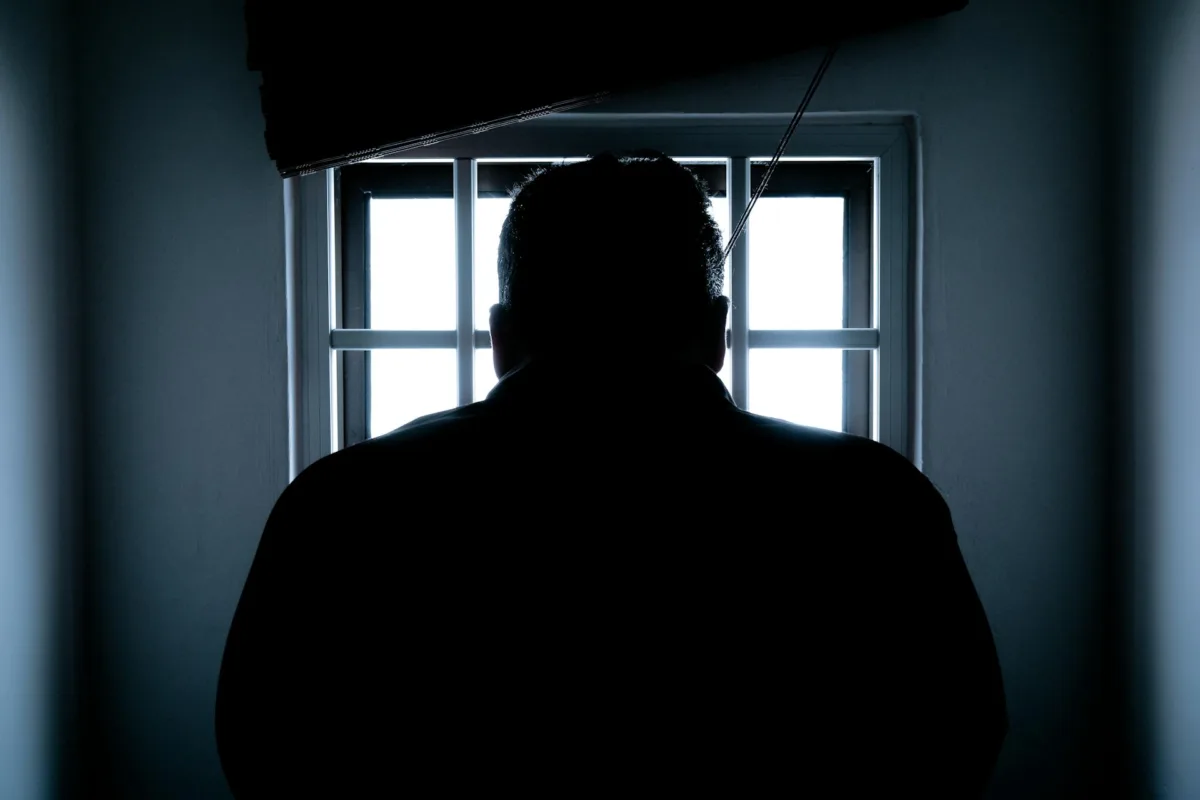
Even though the United Nations considers more than 15 days of solitary confinement a form of torture, American prisons still use the practice liberally. Prolonged isolation makes imprisoned people more violent and less likely to reintegrate into society.

In 2011, more than 6,600 people imprisoned in California stopped eating for 19 days to protest extreme isolation inside the state’s prisons. The protests lead to state hearings and a lawsuit.
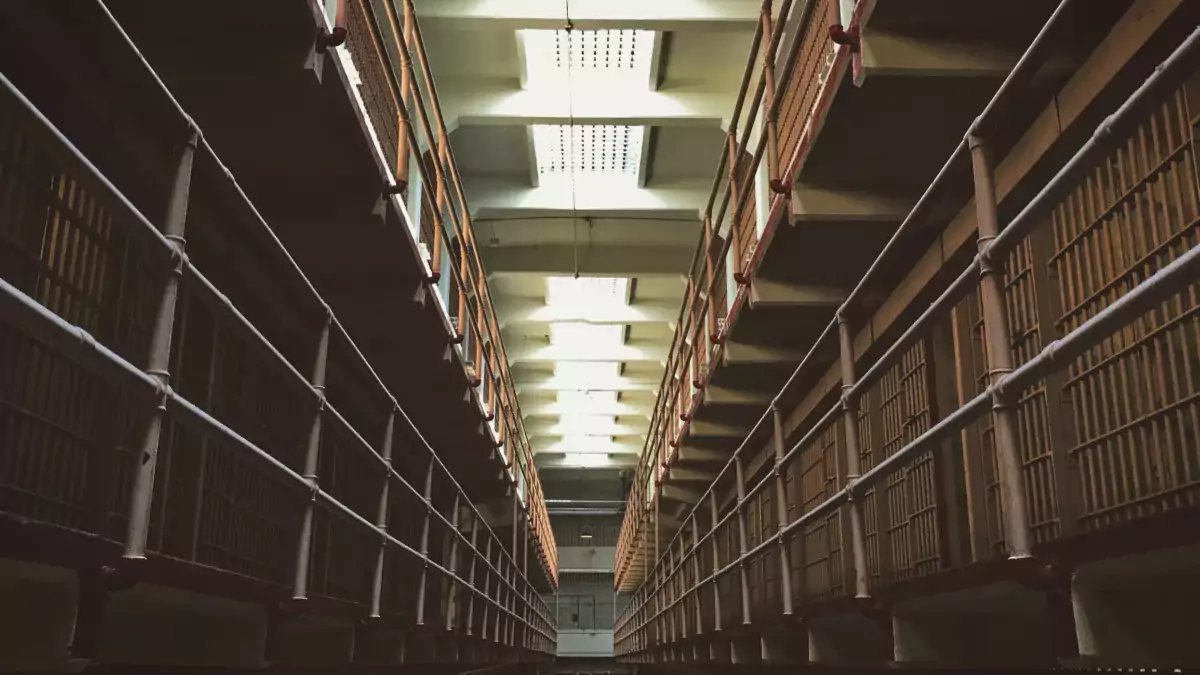
On Jan. 19, New York City Mayor Eric Adams vetoed a bill that would have effectively banned solitary confinement in his city’s jails. Incarcerated writer Chris Blackwell and CUNY Law Professor Deborah Zalesne share why the practice is so horrific.
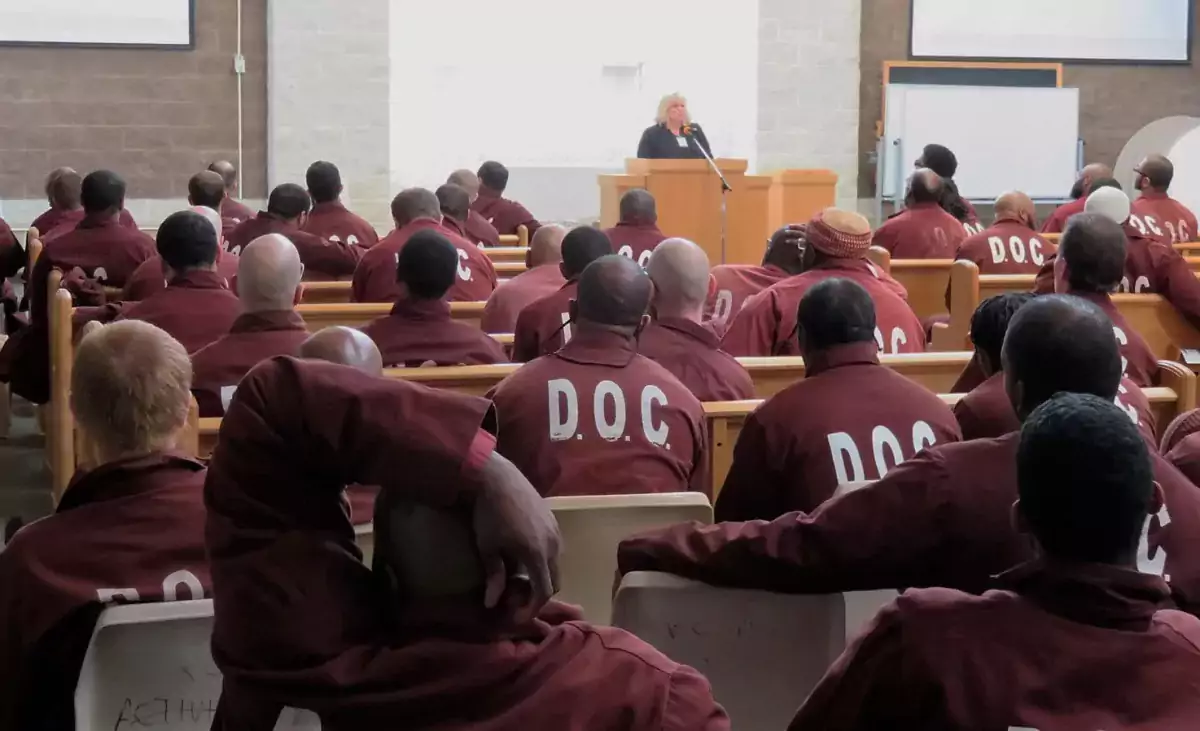
Within months of entering the Security Threat Group Management Unit at SCI Fayette, one man says he smeared, “Kill me, I’m ready to go,” on the cell in his own blood.
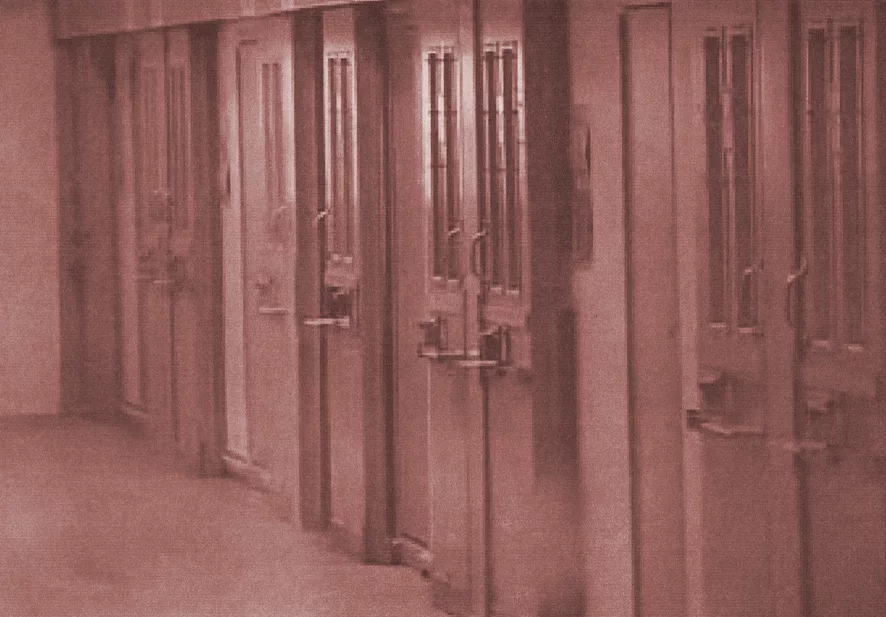
Ten years ago this month, nearly 29,000 people in California prisons staged a hunger strike to protest solitary confinement.
The conditions I faced were outrageous. But the prison administration’s justification for keeping me in the hole was even worse.
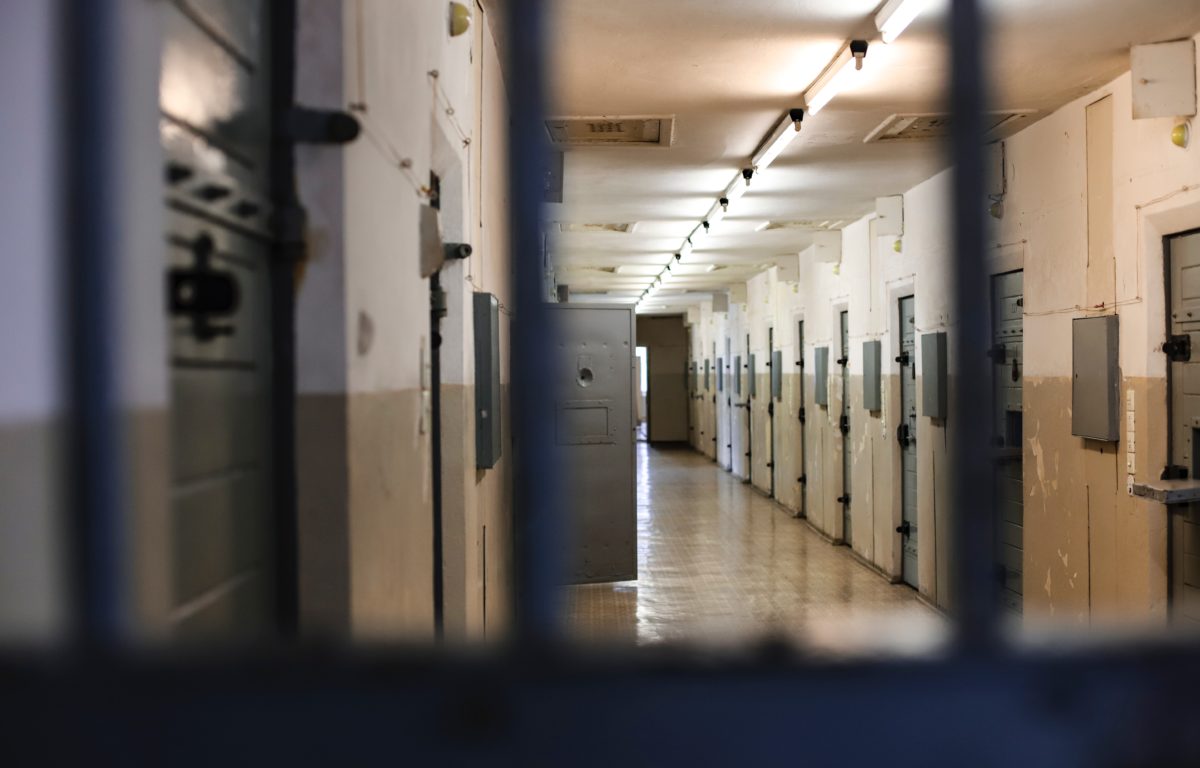
New York’s landmark solitary confinement reform law created a new, “rehabilitative” type of isolation unit. State prisons aren’t on board with the changes.
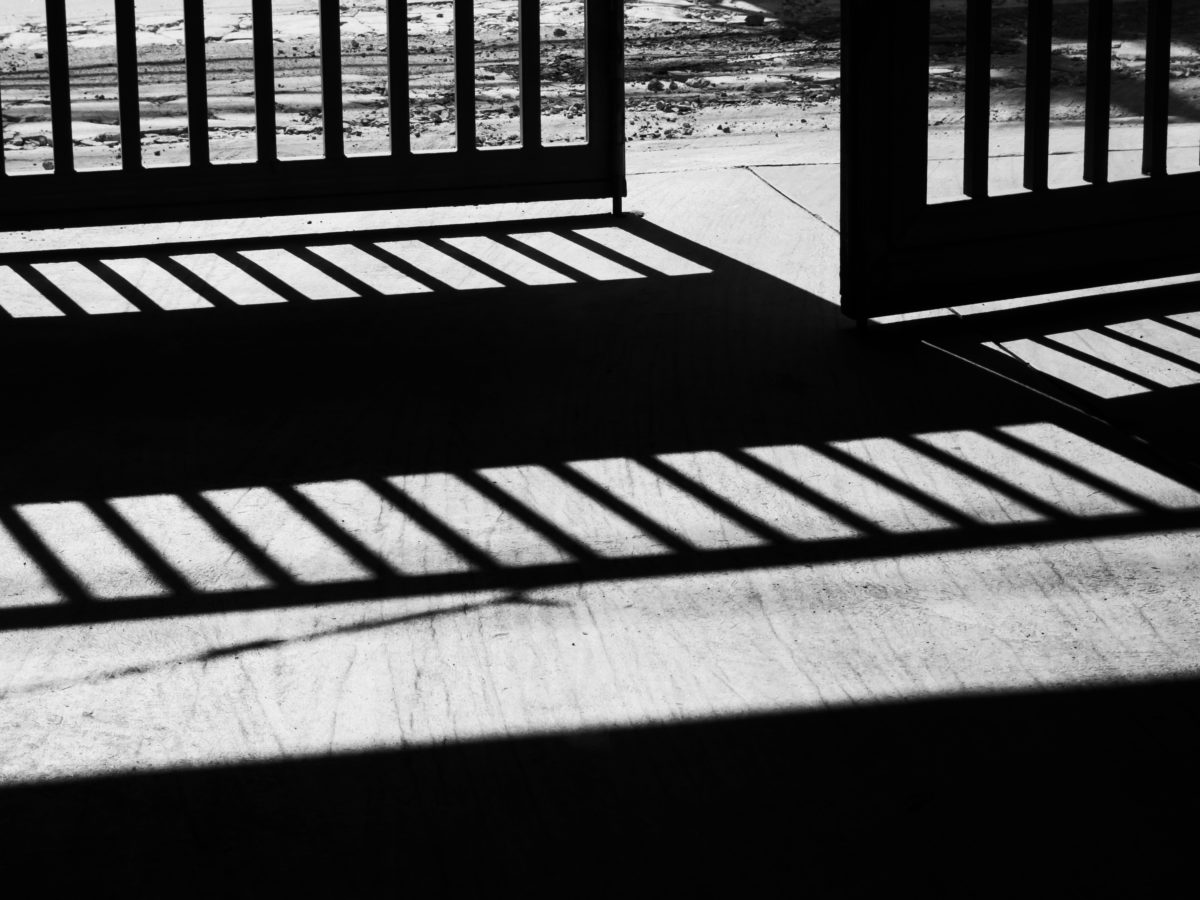
An incarcerated writer reflects on what her “going home” story will look like when home no longer exists.
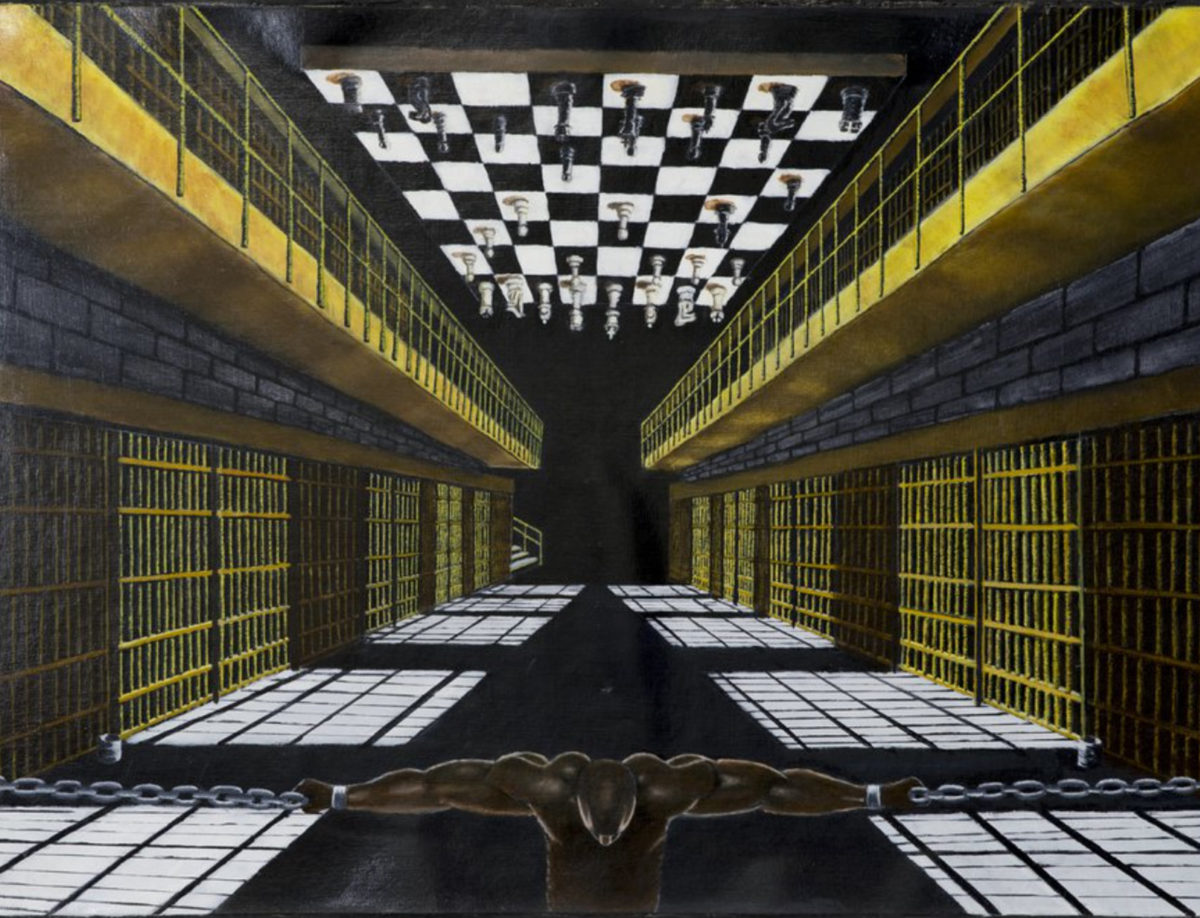
Thank you for all of your support. Your contributions have enabled us to turn The Appeal into a worker-led newsroom dedicated to exposing the harms of the criminal legal system — and to begin publishing again! Check out some of our recent pieces: We uncovered a robbery task force at DC’s Metropolitan Police Department that […]
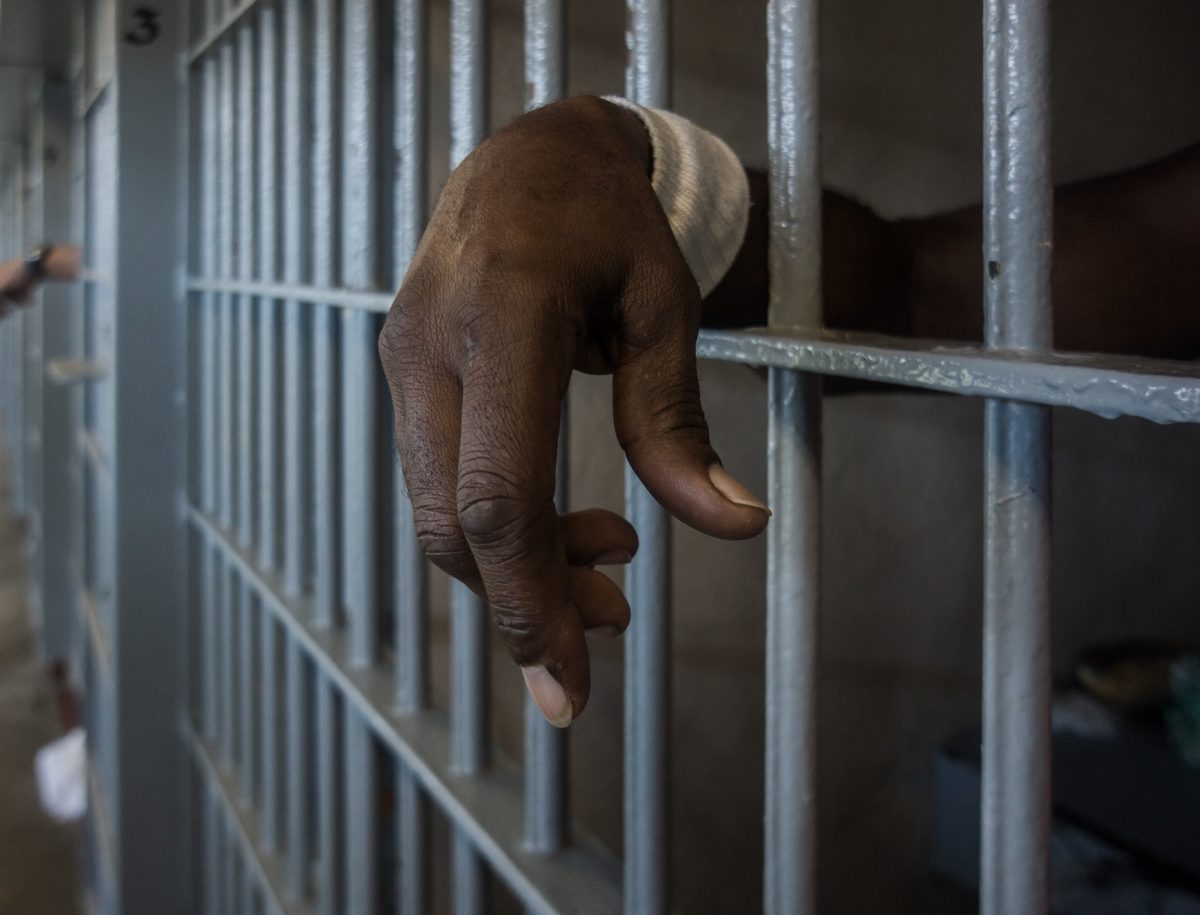
Virginia’s Department of Corrections has recently settled two lawsuits over its use of solitary confinement—a practice lawmakers are moving closer to abolishing.
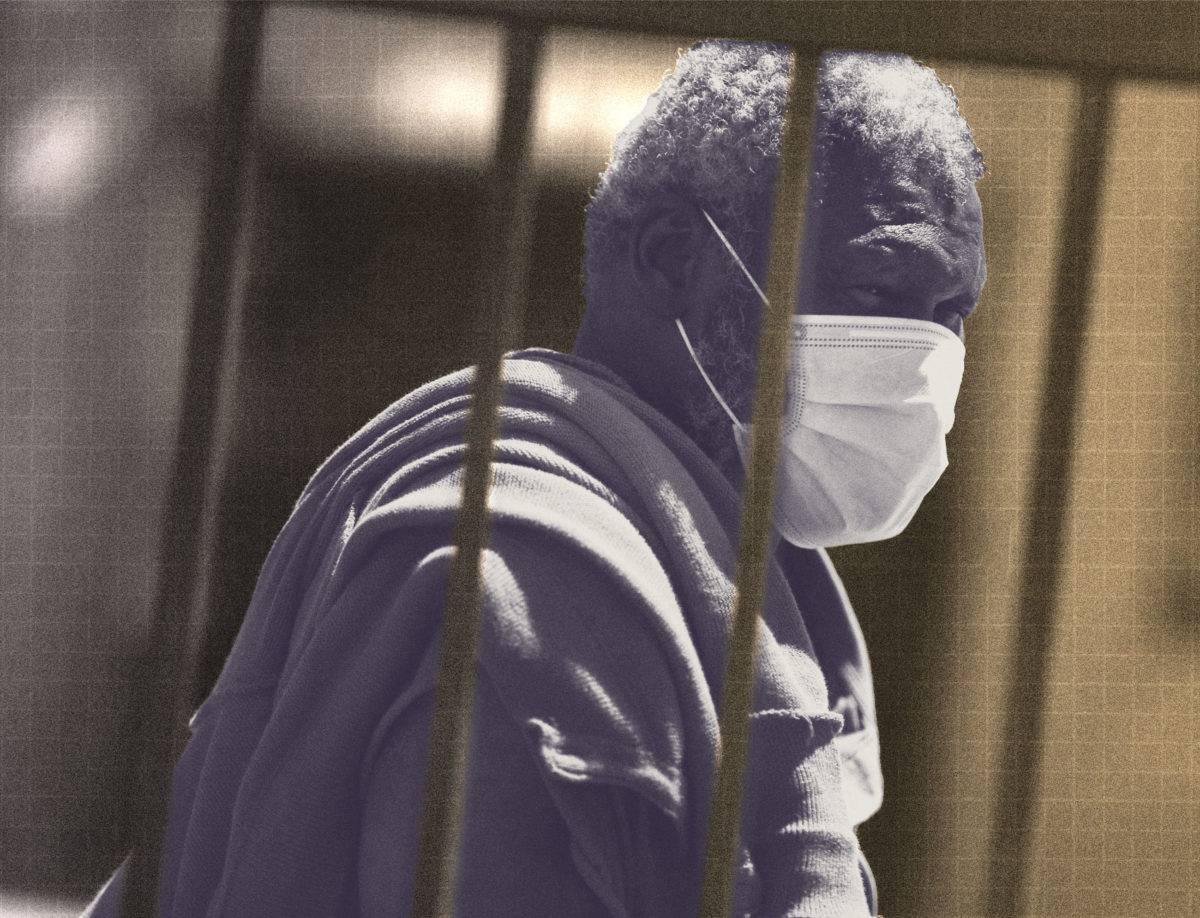
A year after state officials said they would take steps to overhaul solitary confinement rules, prisoners remain isolated in conditions that one says is akin to being ‘buried alive.’
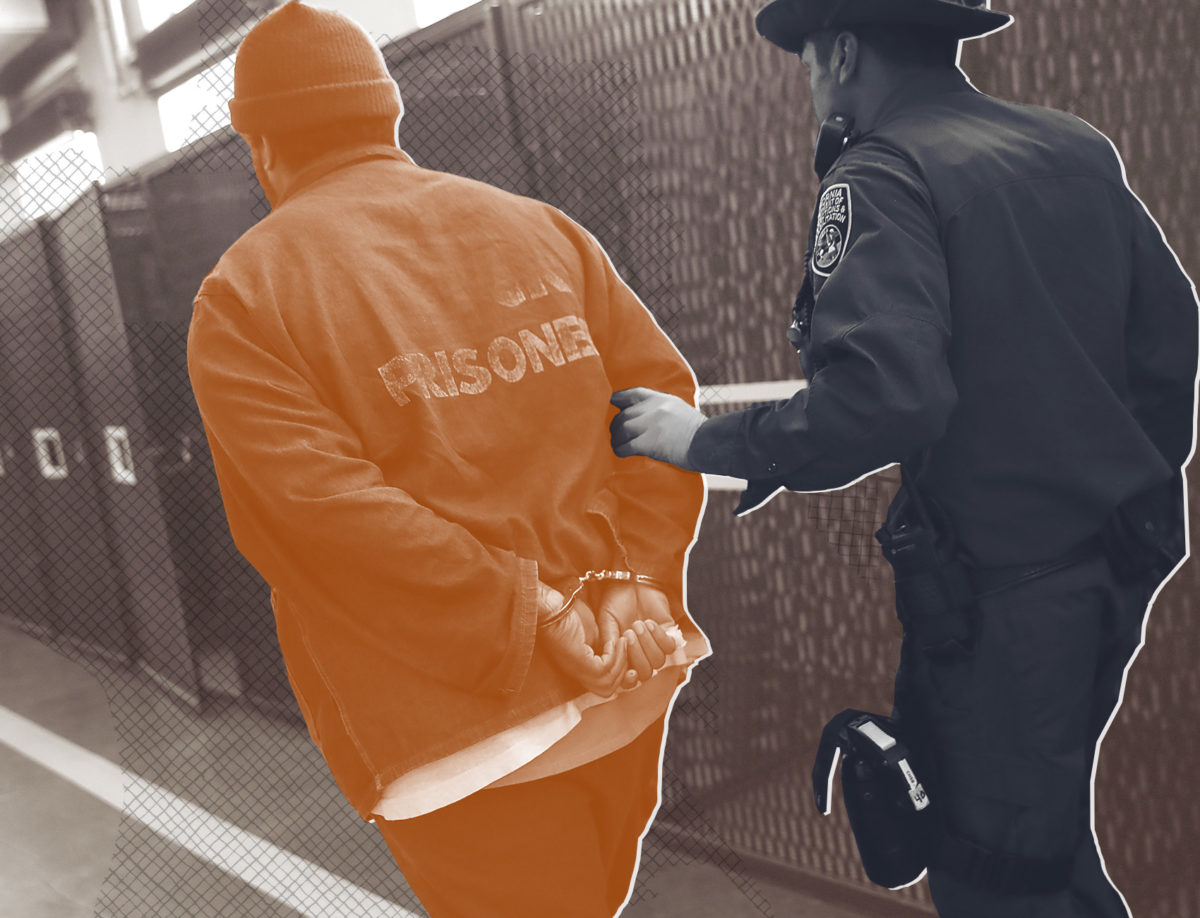
Prisoners are reluctant to report when they’re feeling sick, because they know they’ll be sent to solitary confinement.
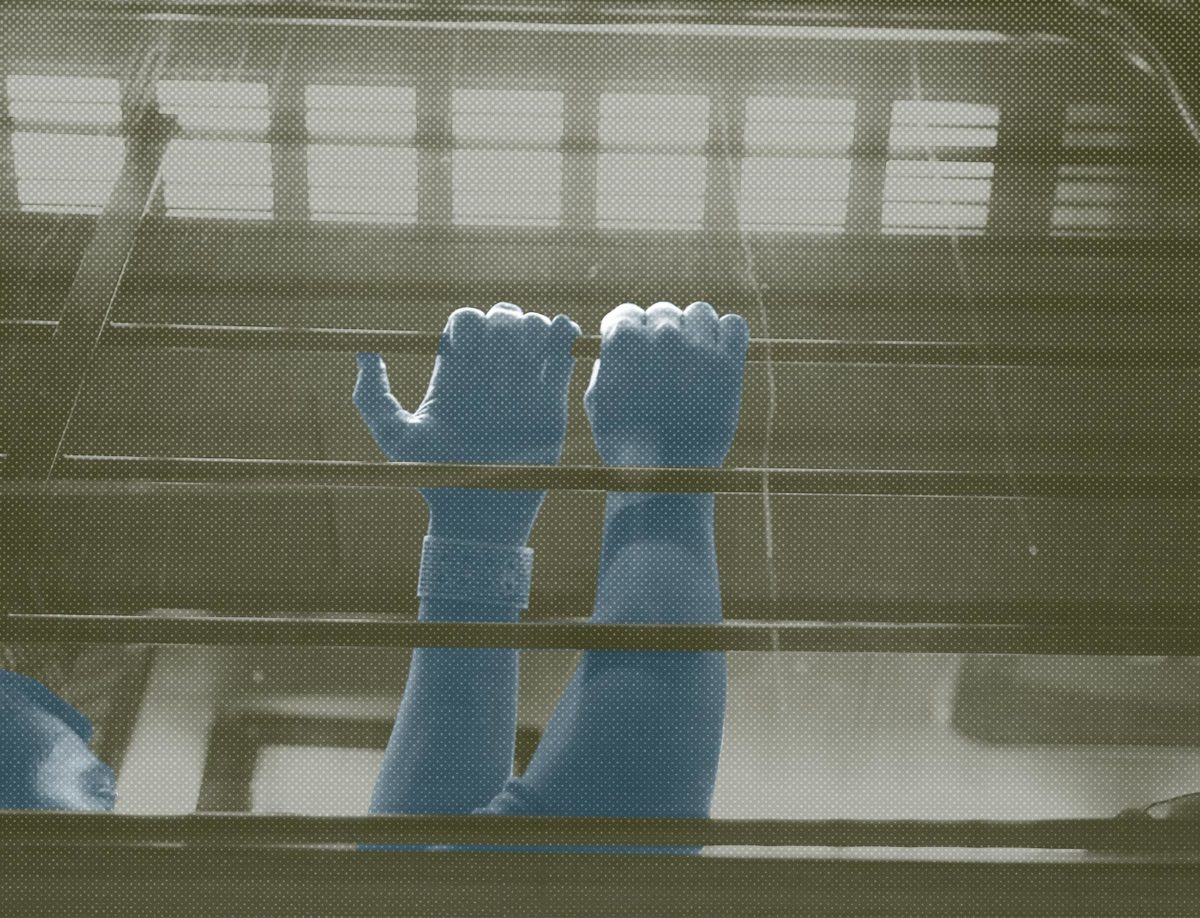
Legal, medical, and religious groups warn in a new report that the widespread use of solitary confinement in response to COVID-19 risks spreading the disease further and undoing a decade of progress.
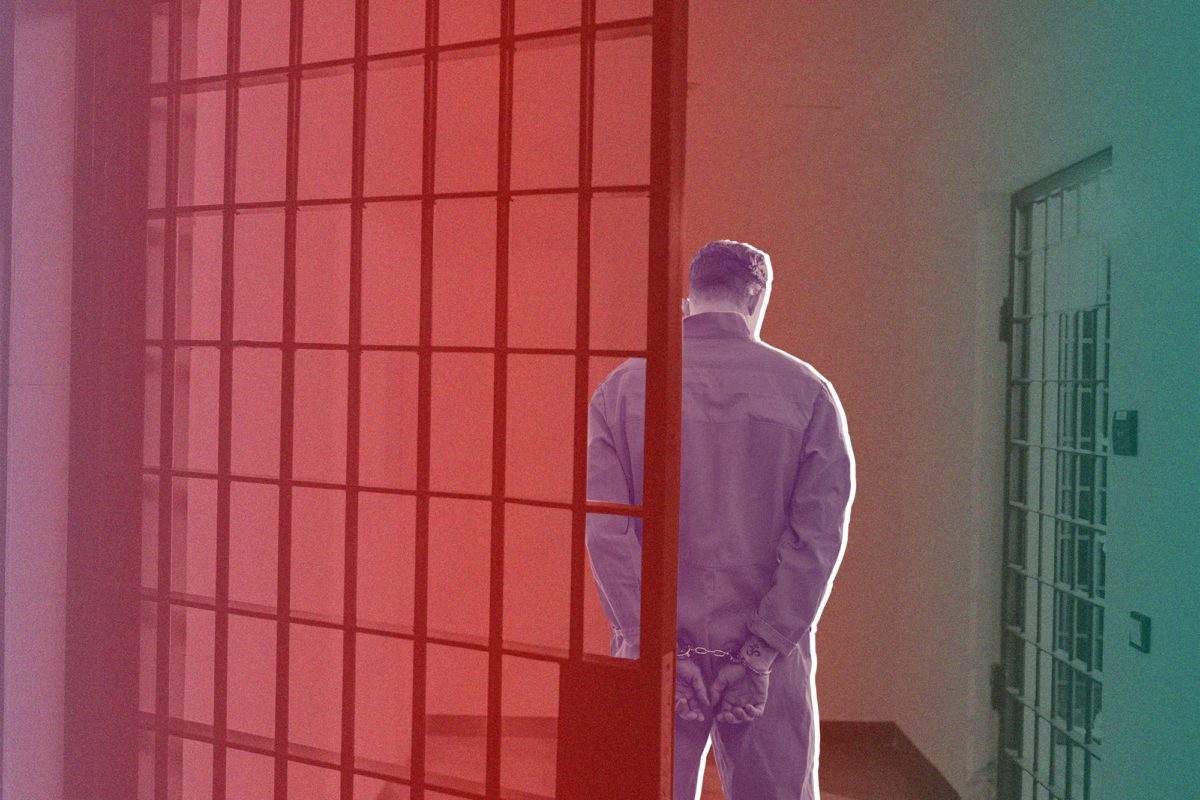
Five years after statewide hunger strikes and a landmark settlement, men incarcerated in a California prison say they’re still isolated for up to 22 hours a day.

Faculty members of the Yale School of Public Health, the Yale School of Medicine, and the Yale School of Nursing wrote to the governor that sending patients there is “inhumane and ineffective.”
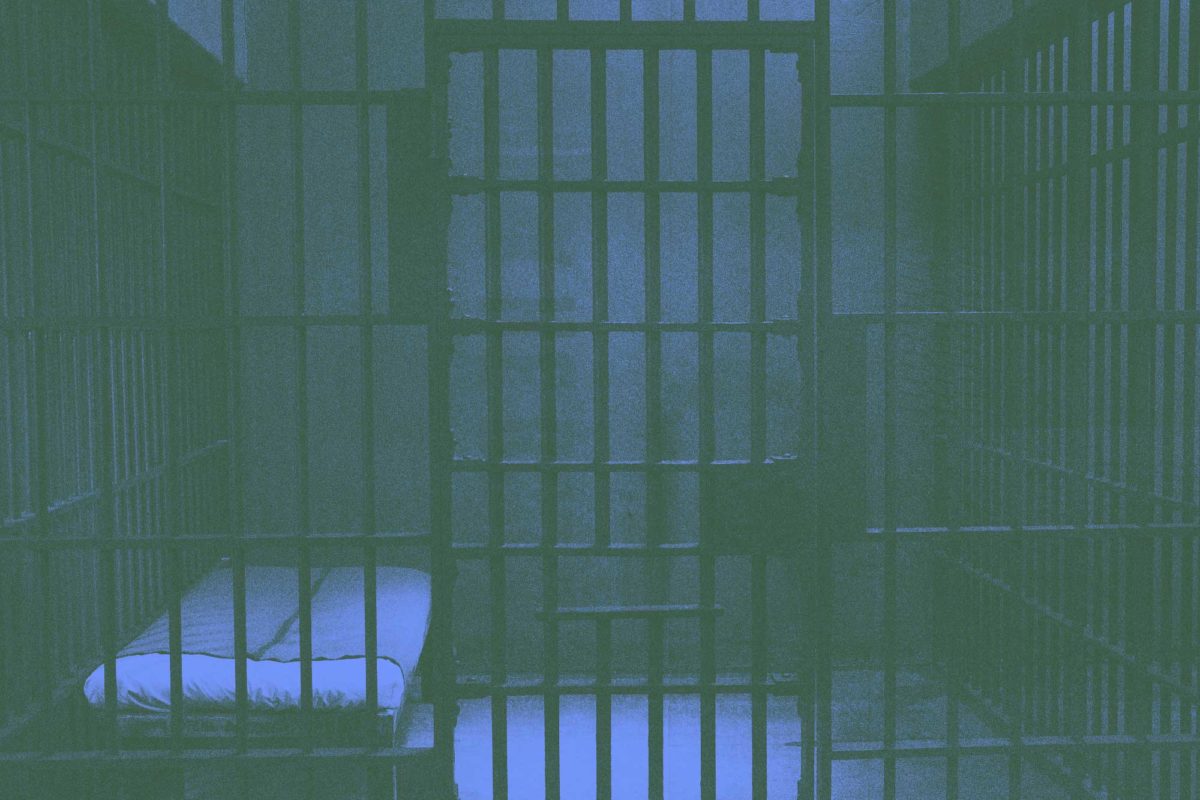
The H1N1 pandemic, the HIV/AIDS crisis, and other outbreaks have taught us that blanket policies of solitary confinement and isolation have led to harmful outcomes.

Public health recommendations aren’t easy to follow for the incarcerated, unhoused, or the thousands who’ve been subjected to water shutoffs in recent years.
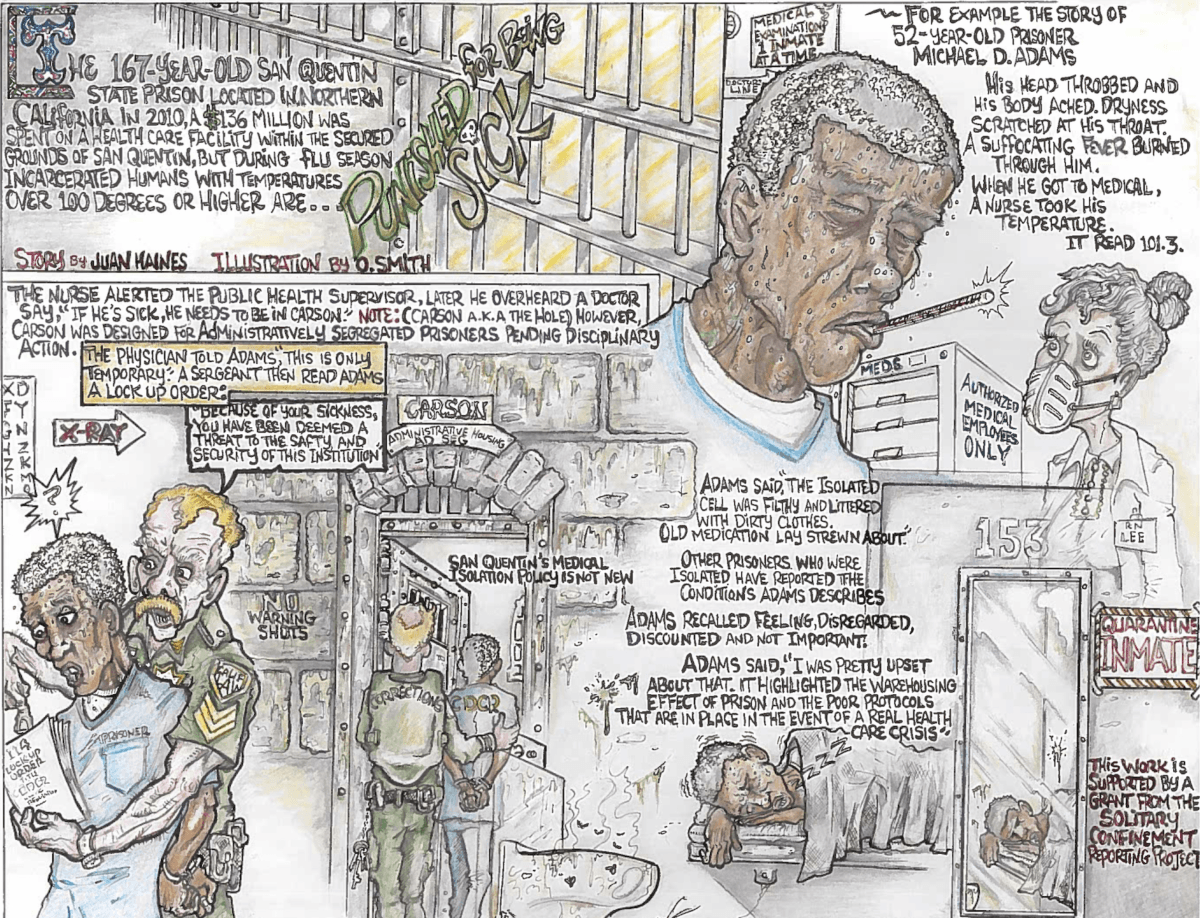
Prisoners avoid admitting they are sick because they don’t want to be put in solitary, so nurses go cell to cell to take their temperatures.
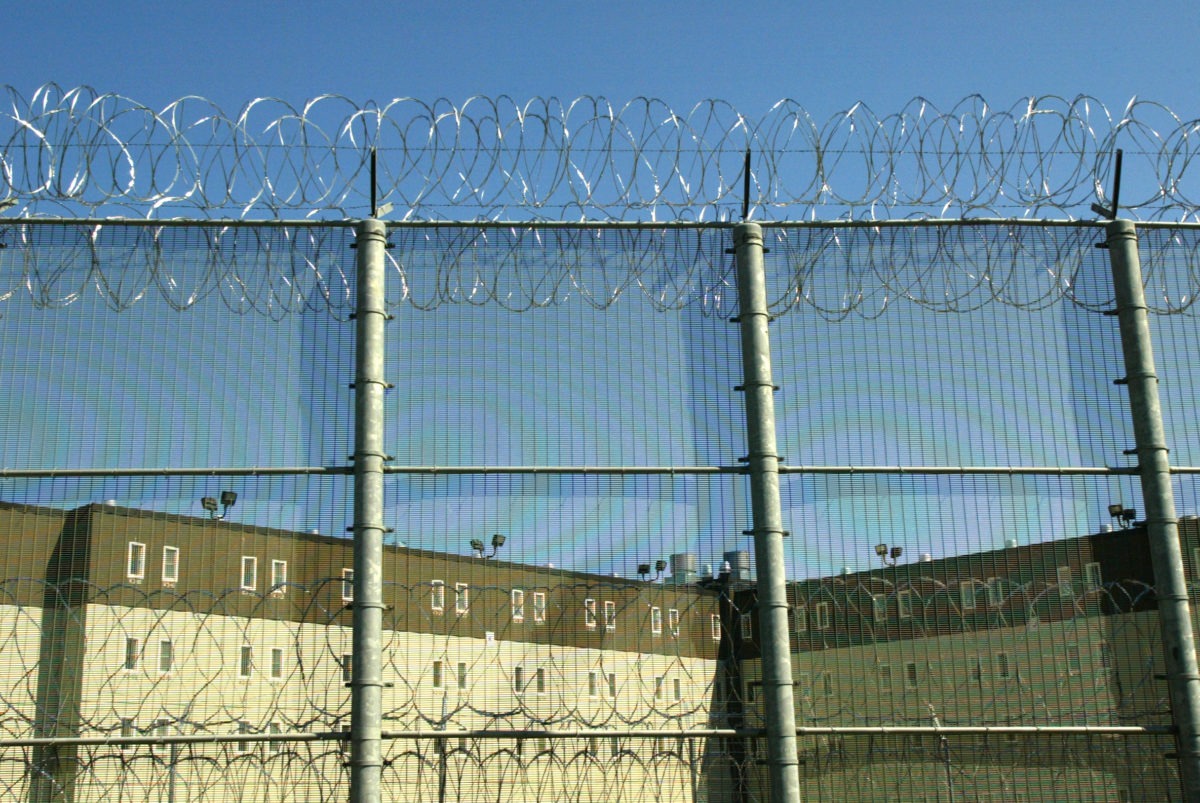
A culture of violence and resistance to reform in the corrections department set the stage for a recent lockdown
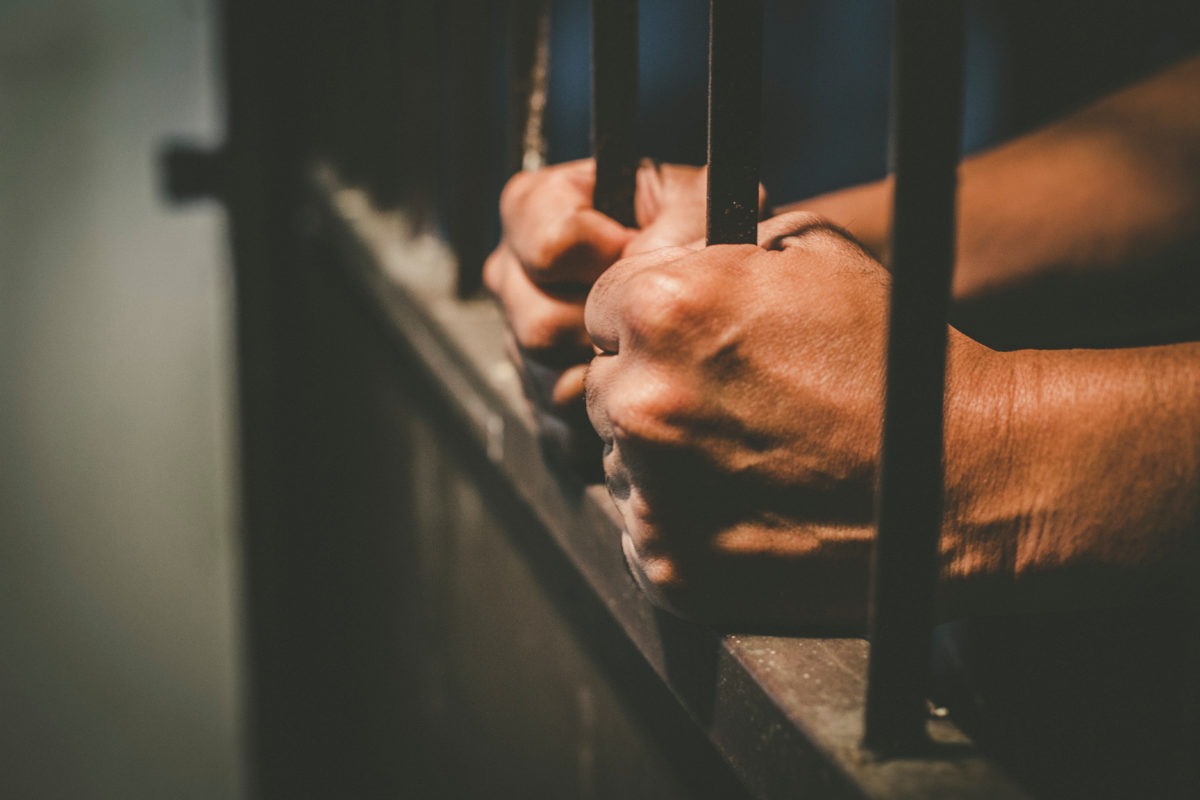
Even when retaliation is likely, people speak out about the violence and abuse they experience and witness.

The South Bend, Indiana, mayor says his plan—which includes cutting the incarcerated population by half—will “rebalance” a system that is “unfair and racist in many ways.”
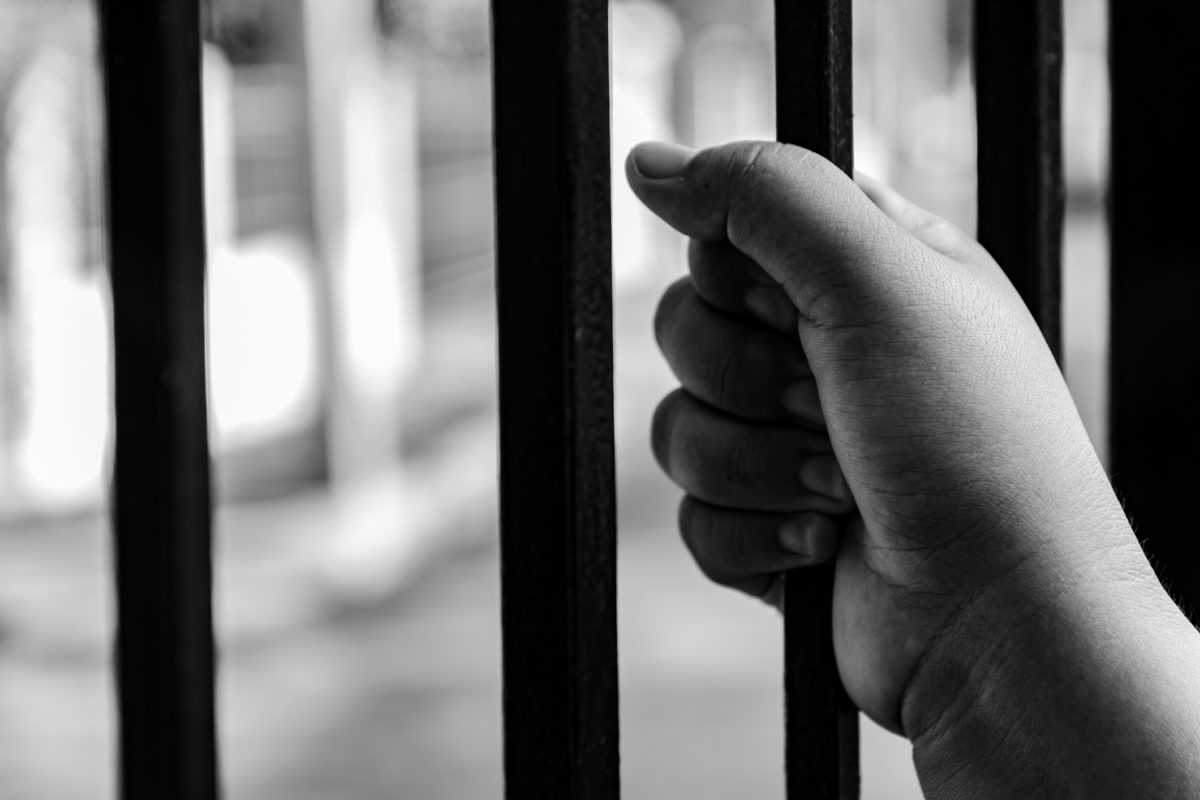
With Appeal staff reporter Elizabeth Weill-Greenberg
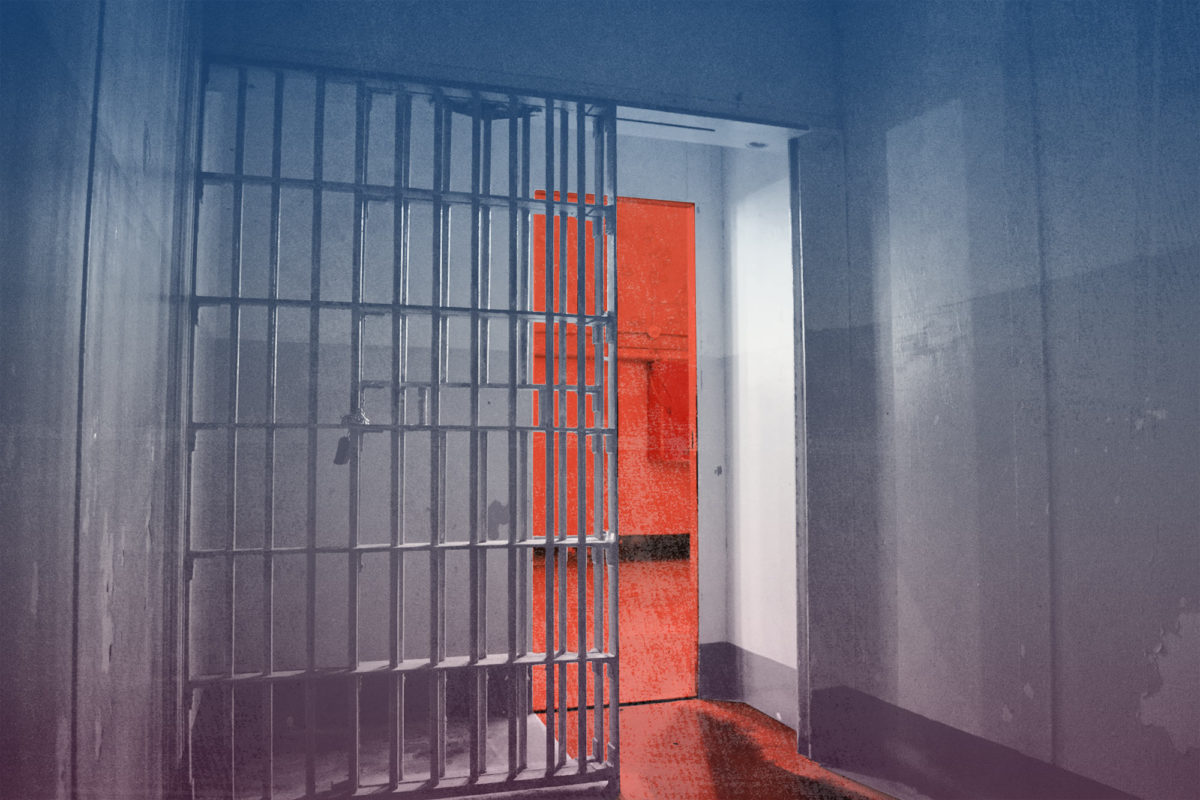
Some death row prisoners will be moved to another unit with access to direct sunlight, fenced-in recreation, and contact visits, department says.

Civil rights groups demand change as other states move away from the practice of isolating people sentenced to death.
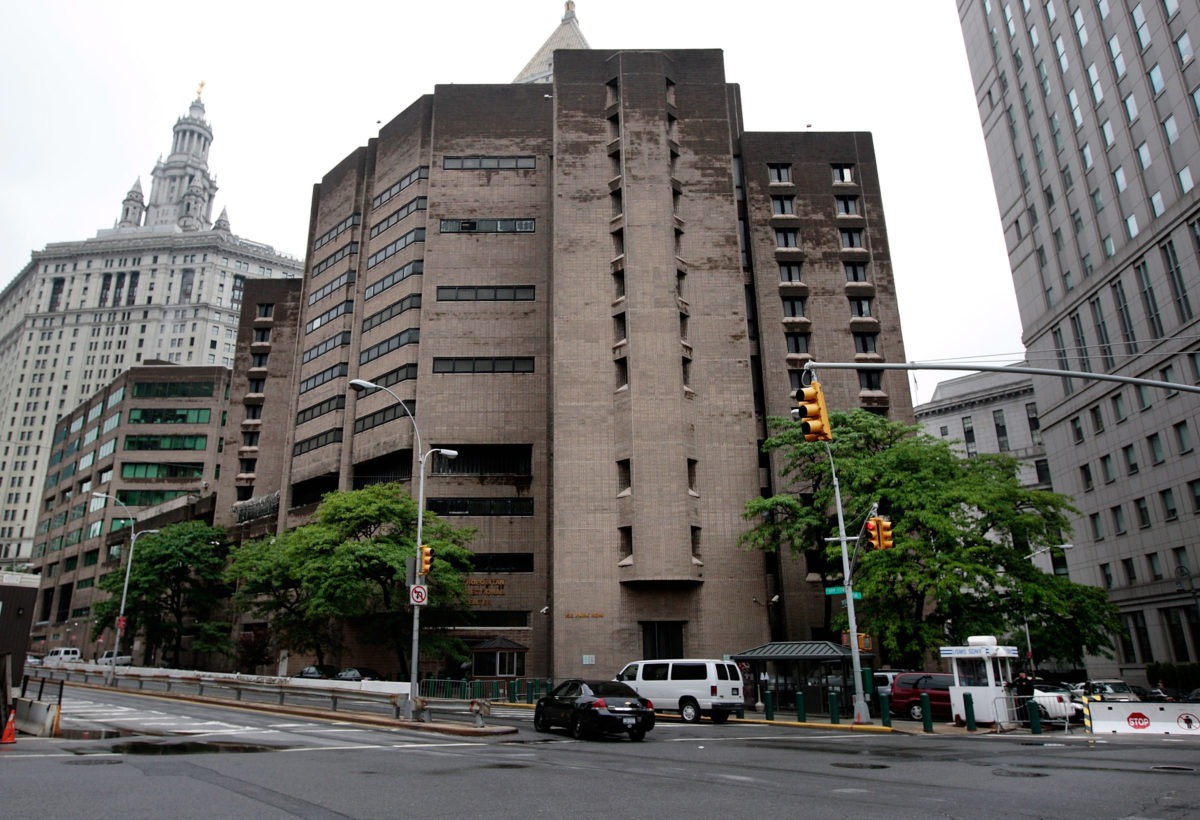
The intense interest in conditions at MCC after Jeffrey Epstein’s death was preceded by years when little was done to address restrictions so oppressive one observer described them as “diabolical.” Why do Americans allow brutality, even torture, to go unchecked?
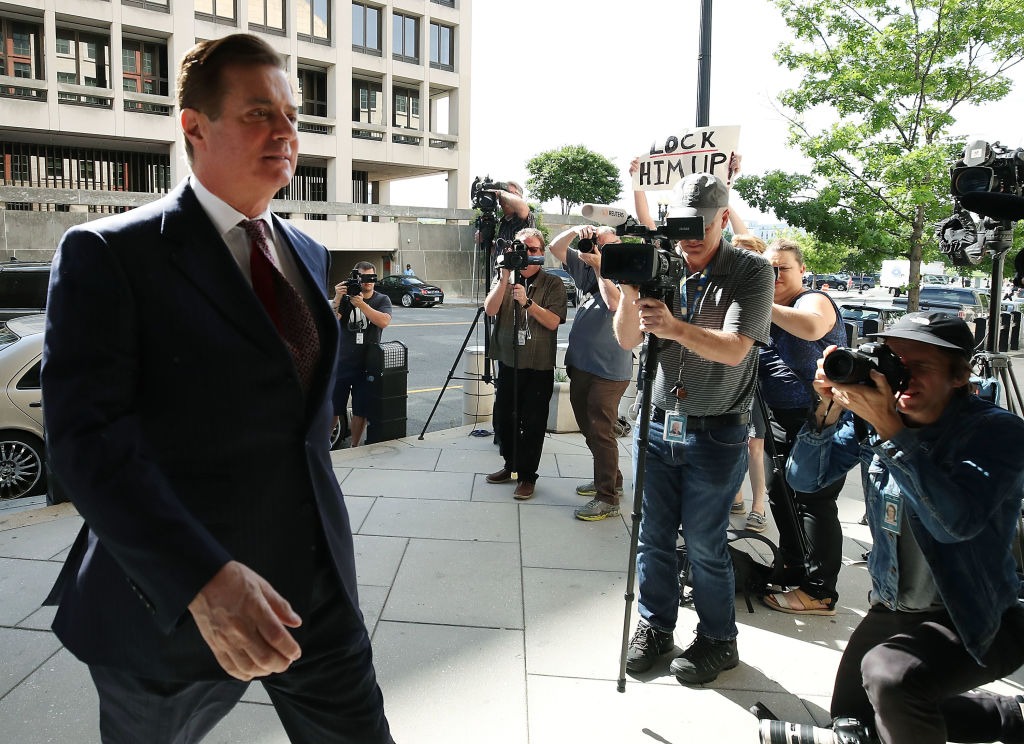
Yesterday the news broke that Paul Manafort, President Trump’s former campaign head who was sentenced to seven and a half years in prison on federal charges, will now face criminal charges in state court in Manhattan. The New York Times reports that Manafort will most likely be held at Rikers Island, segregated from the general population. […]
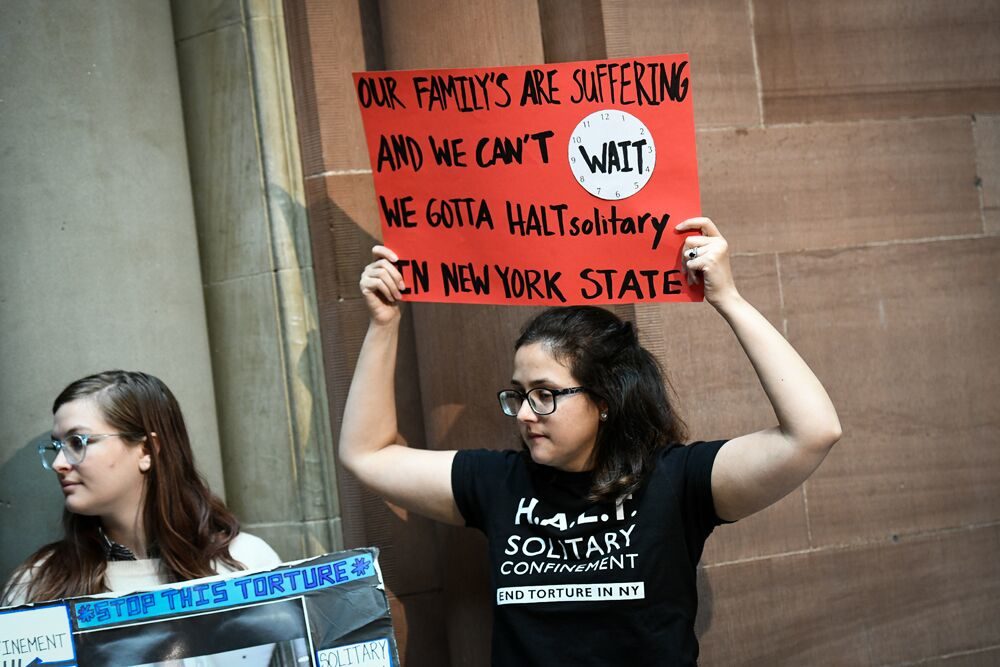
Court challenges and a sweeping reform bill are offering hope to men trapped in isolation for decades.
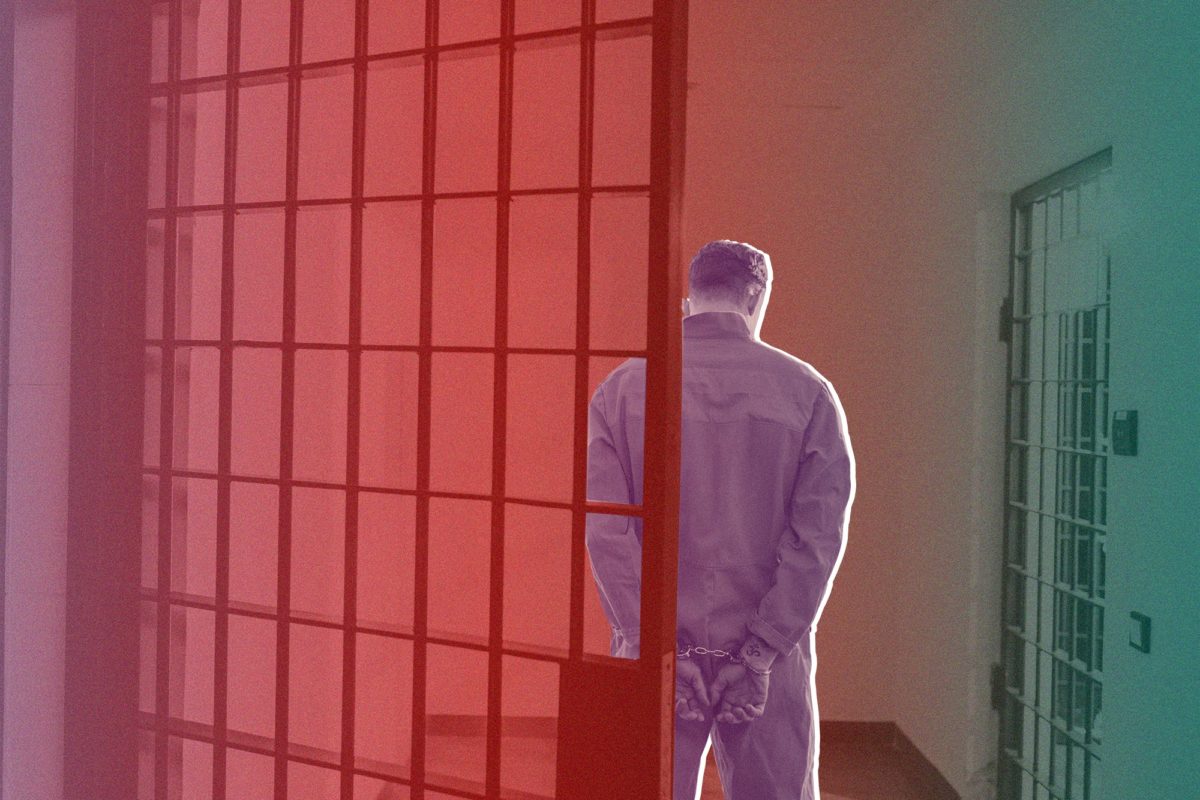
A new lawsuit, filed against the Virginia Department of Corrections, says prisoners are kept in isolation for frivolous reasons and prevented from rejoining the general population.
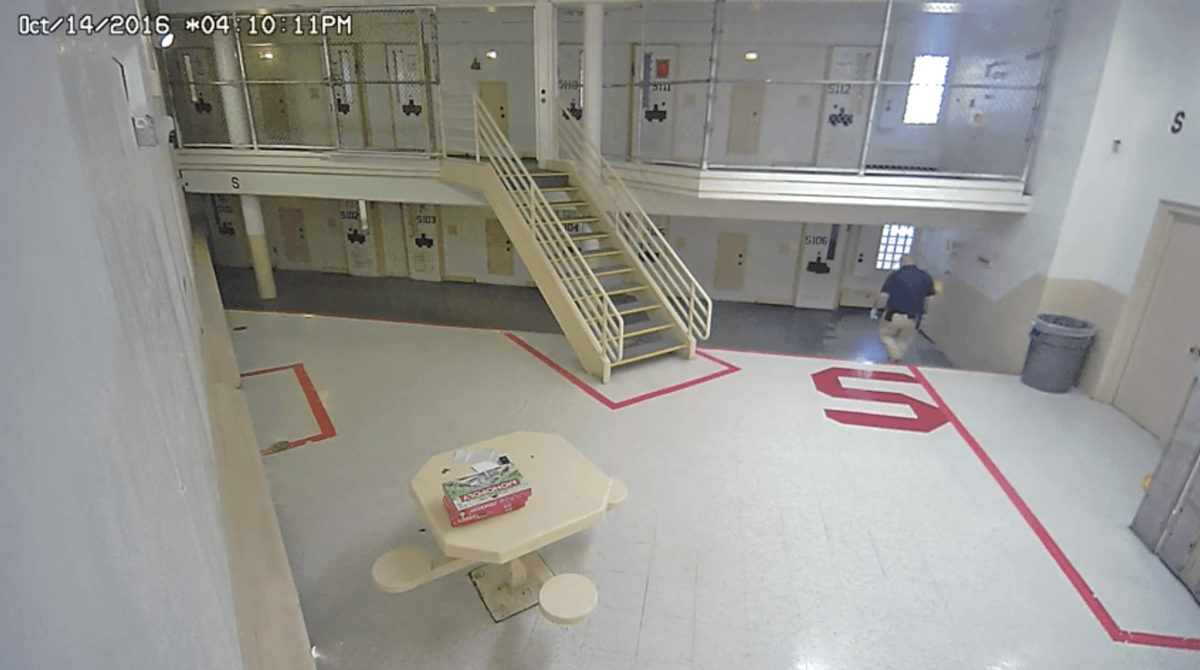
The state uses solitary at one of the highest rates in the nation.

Most prison strikes are met with retaliation and abuse, but one recent work stoppage is starting to pay off.
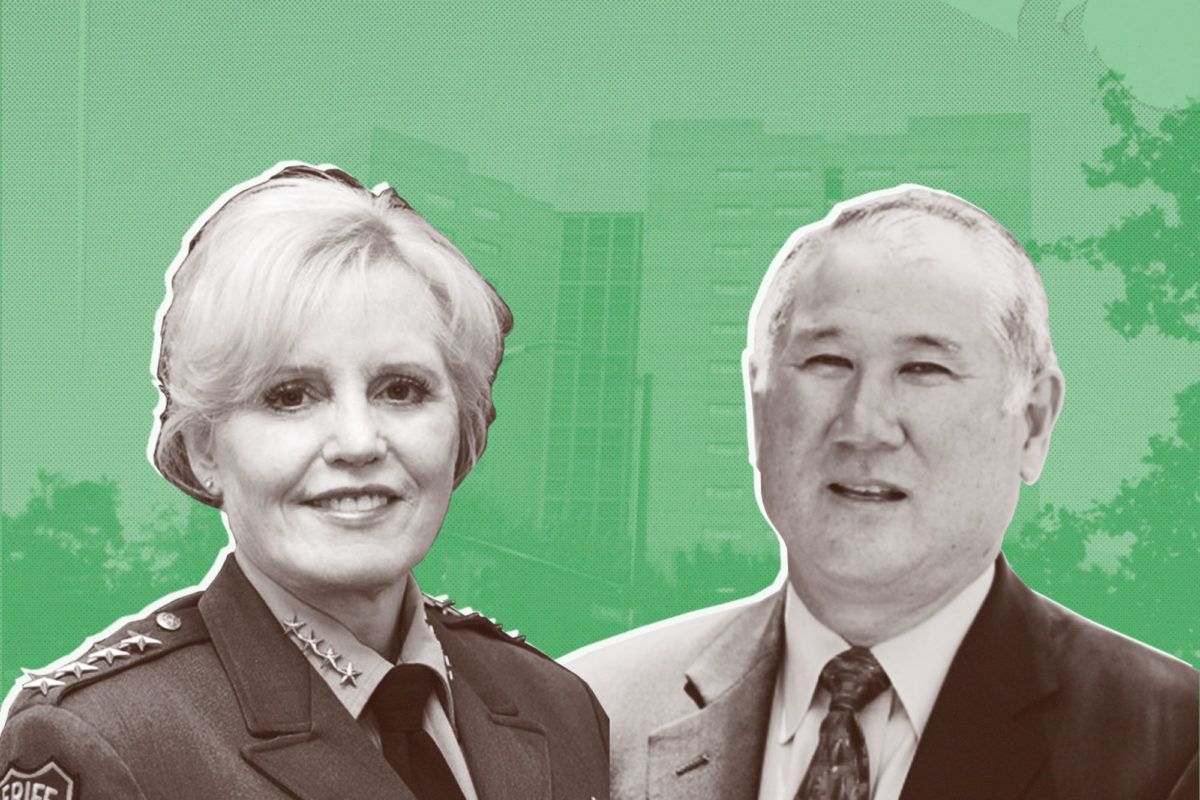
In Santa Clara County, incarcerated people, and a former undersheriff challenging six-term sheriff Laurie Smith, have turned conditions of confinement into a potent electoral issue.
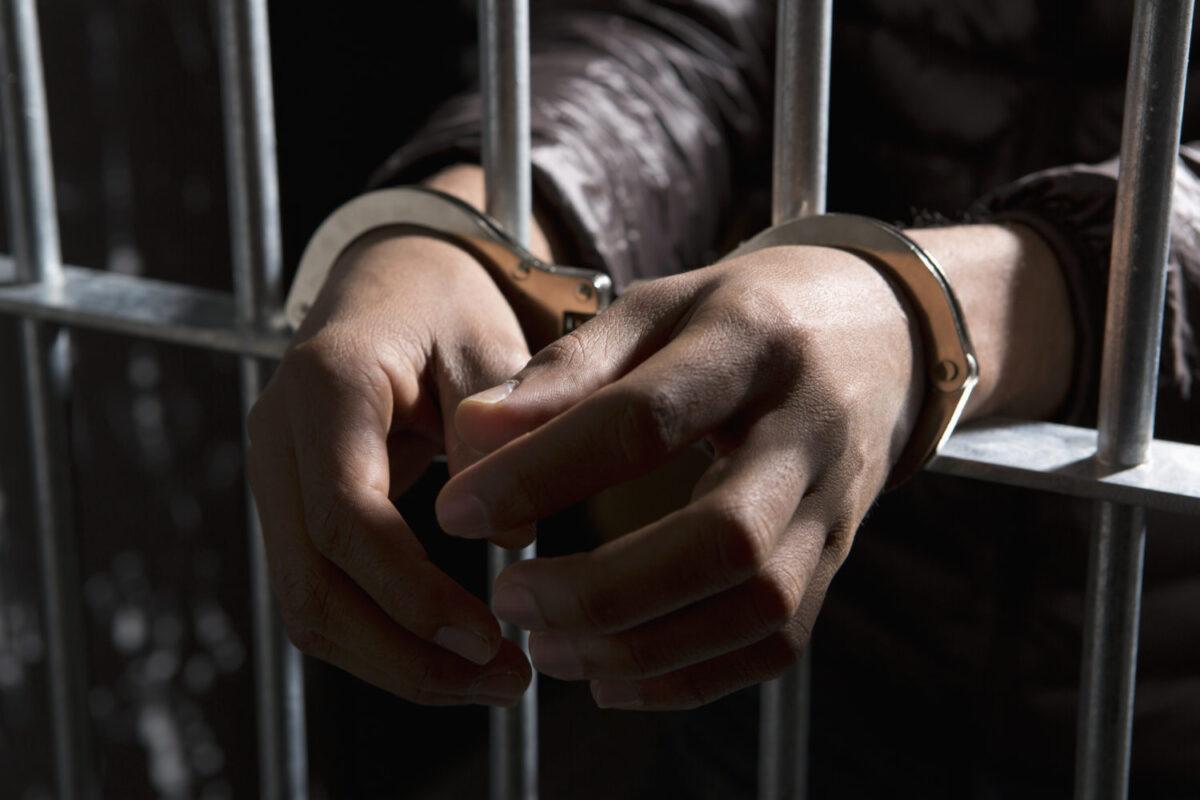
Now in its second week, a strike staged by prisoners over poor conditions, low wages, and other issues is resulting in consequences, including harsh conduct reports and placements in solitary confinement.

Instead of changing its conditions and practices, The Bureau of Prisons is simply moving a problem-plagued federal prison unit in Pennsylvania to Illinois.
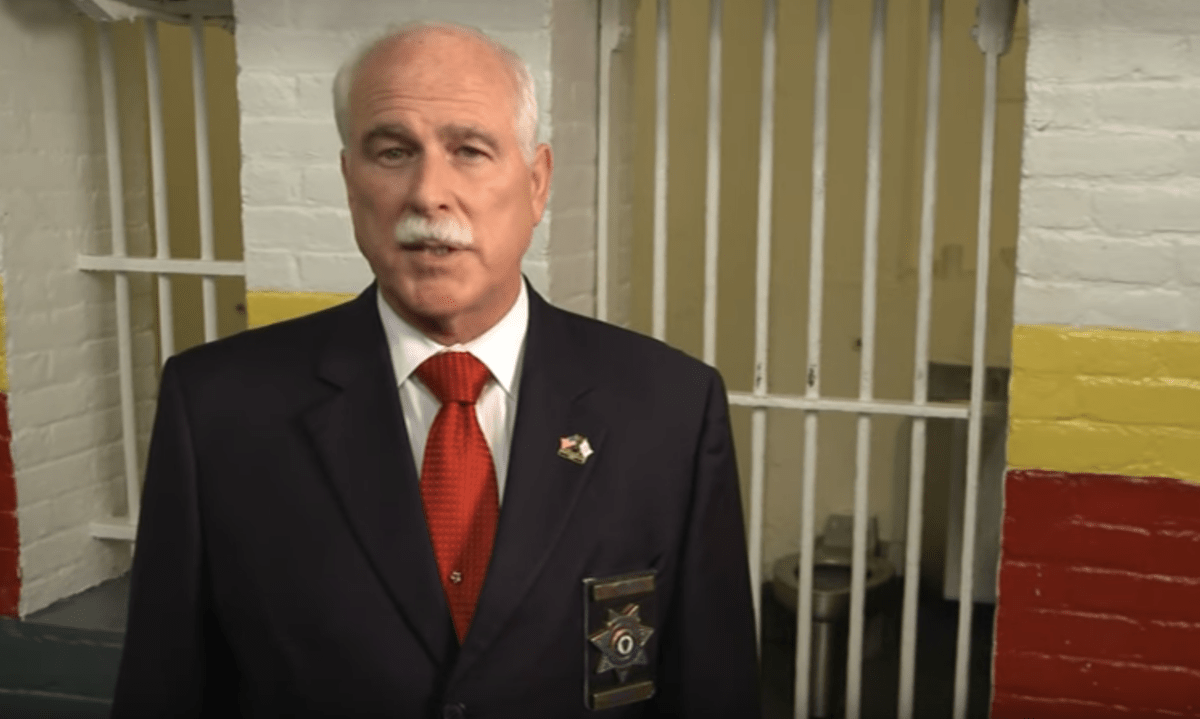
“Jail is not a country club,” the Bristol County sheriff said. “That’s why once you’ve done time in the Bristol County House of Corrections, you won’t want to come back.”

Trump’s pick to replace Justice Kennedy would most likely undermine the rights of criminal defendants and stall progress on solitary confinement, prisoners’ rights, and the death penalty.
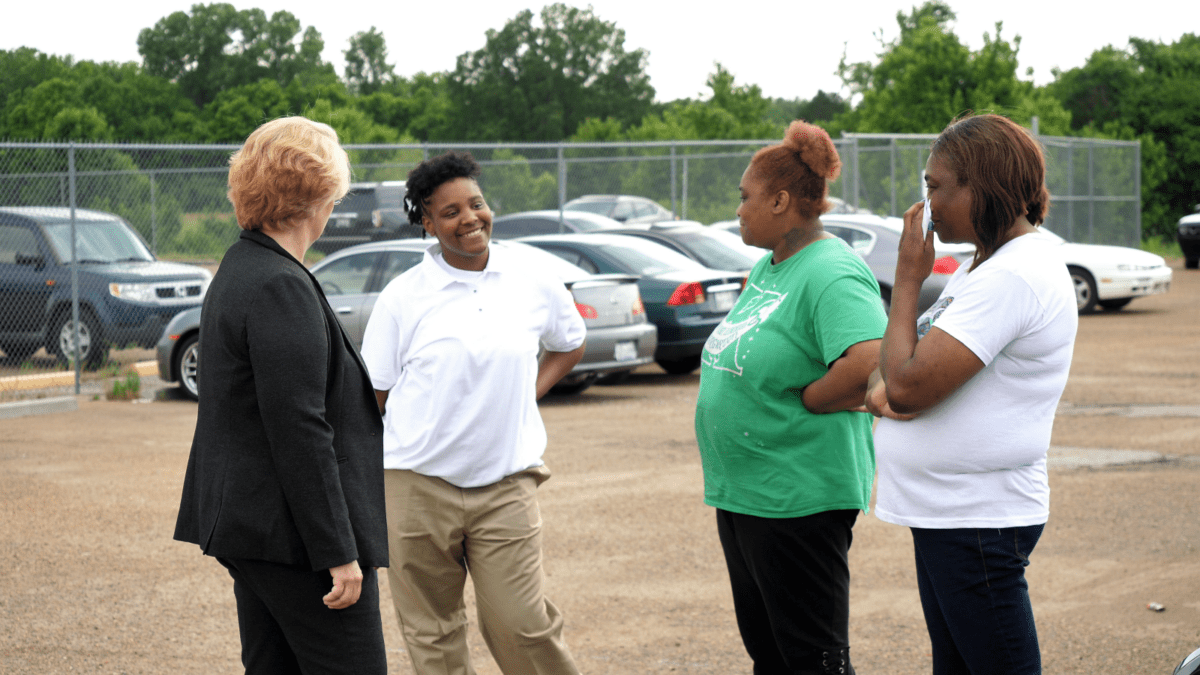
On Wednesday, May 16, 16-year-old Rosalyn “Bird” Holmes was able to walk out of prison and hug her mother. Though the teenager has yet to be indicted, let alone convicted, of any crime, she nonetheless spent the past 40 days in the Tennessee State Penitentiary, an adult women’s prison in Henning, Tennessee. Had it not […]